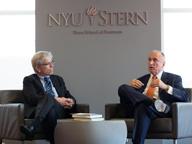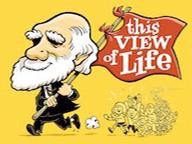Student Club Events
—
Professor Glenn Okun Invites MBA2s to Join the Amazon.com Innovation Competition
—

Hosted by the Entrepreneurs Exchange, the Amazon.com Innovation Competition challenges second-year MBA students to create an actionable product or service for Amazon.
Student Club Events
—

Hosted by the Entrepreneurs Exchange, the Amazon.com Innovation Competition challenges second-year MBA students to create an actionable product or service for Amazon.




















